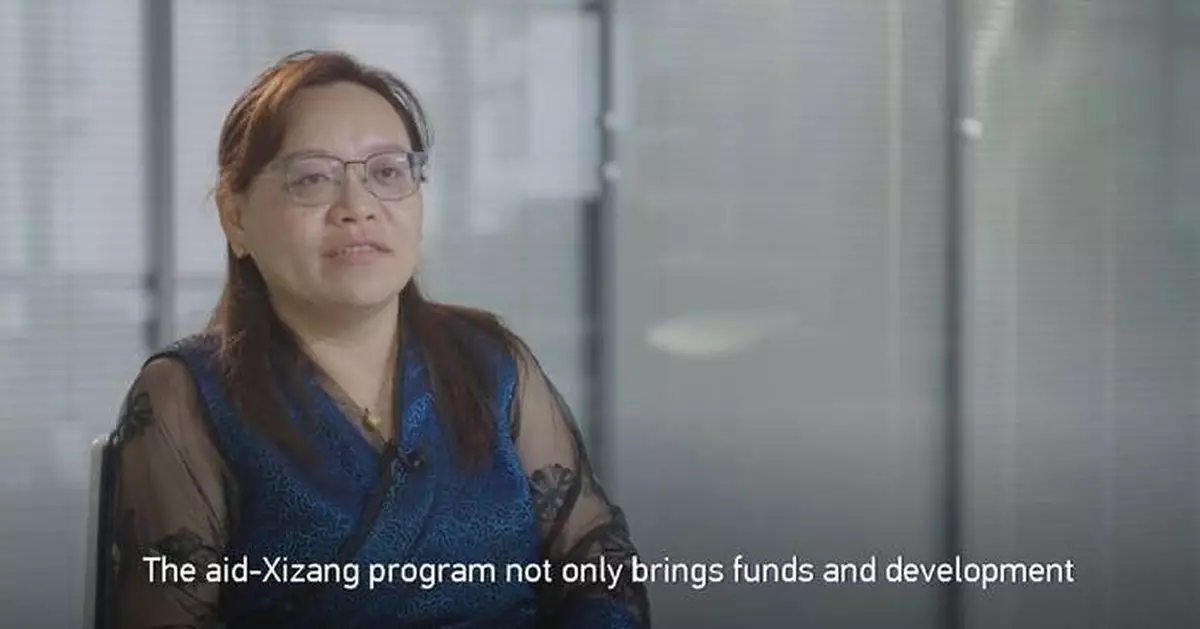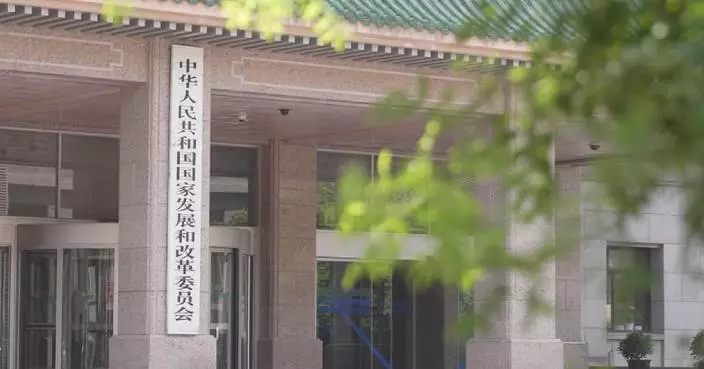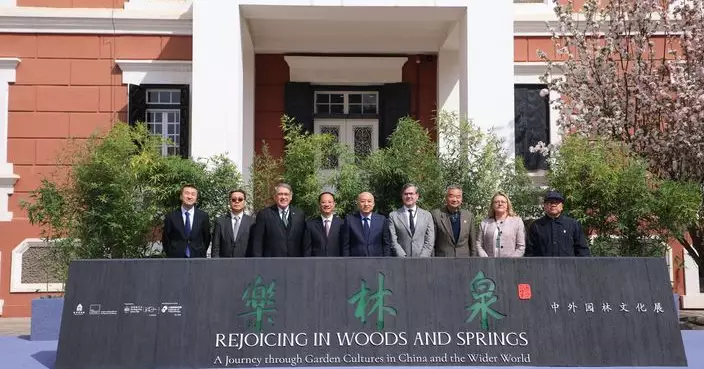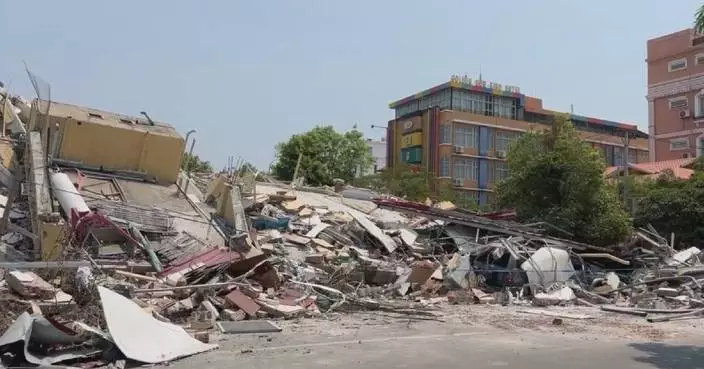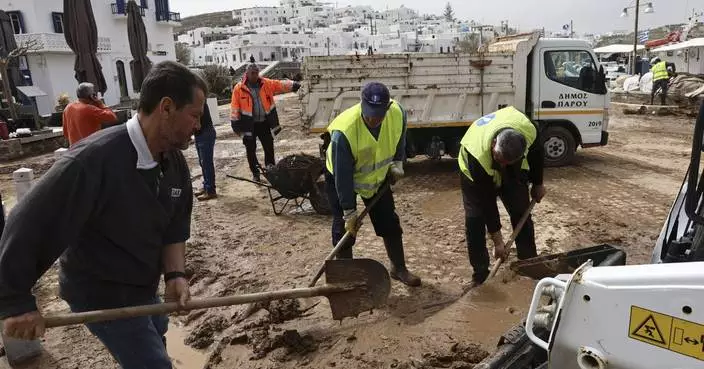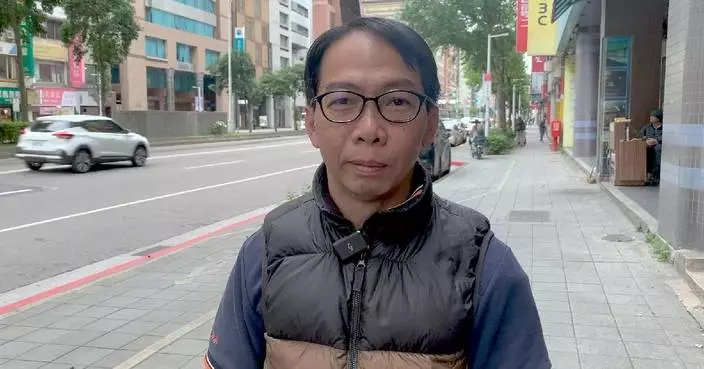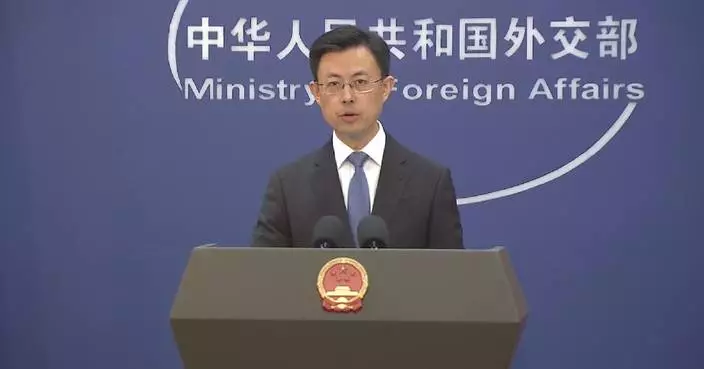The Xizang Autonomous Region has undergone a dramatic transformation under the aid-Xizang program, an initiative allowing more and more young people from the region to live, work, and develop their skills in China's inland cities, before returning to Xizang with their newly acquired experiences.
Speaking to China Global Television Network (CGTN), Yungchen Lahmo, a Tibetan living in Beijing, shared Xizang's development in recent years.
"I work at the Information Technology Center of China Mobile. Before coming here, I was in the Economy and Information Department of the Xizang Autonomous Region. Under the policy of promoting inter-ethnic exchanges and integration, a number of cadres, including me, were selected to work in different cities including Beijing across the country that support the region for in-depth study and exchanges. I told my leader I didn't want to go because four years were too long. But all my family members, including my parents and husband, were very supportive. They all told me to go for it," she said.
"She was selected to receive special training. It demonstrates the concern and love of the Party (Communist Party of China) and the people for her. I hope she can learn more about various advanced ideas, bring them back to Xizang and make more contributions to the Tibetan people," said Yungchen's father.
The Xizang Autonomous Region has changed a lot over the past 30 years thanks to the aid-Xizang program, he said.
"I used to work in a small township with around 120 households, but only two people there were literate. But now it's different. Many people have studied from elementary school all the way to university. The overall educational level has increased dramatically," said Yungchen's father.
Medical care in Xizang has also significantly improved, as local hospitals can now handle various cases and perform surgeries, said Yungchen.
"In the past, a minor illness could turn into a serious one and even lead to death. I remember at that time, a director of the Public Security Bureau suffered an acute appendicitis attack and died on the way to the hospital. At that time, county hospitals couldn't treat such conditions. Nowadays, minor illnesses are not a problem in Xizang, and local hospitals can perform some surgeries," Yungchen said.
"The transportation system in Xizang is developing very quickly. There were little more than 1,000 kilometers between Qamdo to Lhasa in my parents' generation, but covering such distance would take around half a month. If they encountered mudslides, landslides or other accidents, it would take almost one month. Now, Xizang has 121,400 kilometers of roads and 1,105 kilometers of high-grade highways. Xizang's infrastructure development is very impressive," she added.
Lhasa is now the happiest city in the world, and the social security of Lhasa is very good, Yungchen said.
"The aid-Xizang program not only brings funds and development to the region, but also intellectual inspiration from generations of aid cadres. I think this is very valuable. China Mobile has invested over 25 billion yuan in Xizang and built more than 24,000 4G and 5G base stations. This is not easy because Xizang is a vast and sparsely populated region. However, mobile carriers have made the investment without considering profit," she said.
"The then director of our department once said that the youngsters who have come back after completing their studies have become mainstays among Xizang's various industries. That is true. When I came back, I also wanted to share how the Central Committee of the Party has always been very caring about the region. They've really done a lot of practical work to build up Xizang, so that the people can live happy and healthy life," Yungchen said.
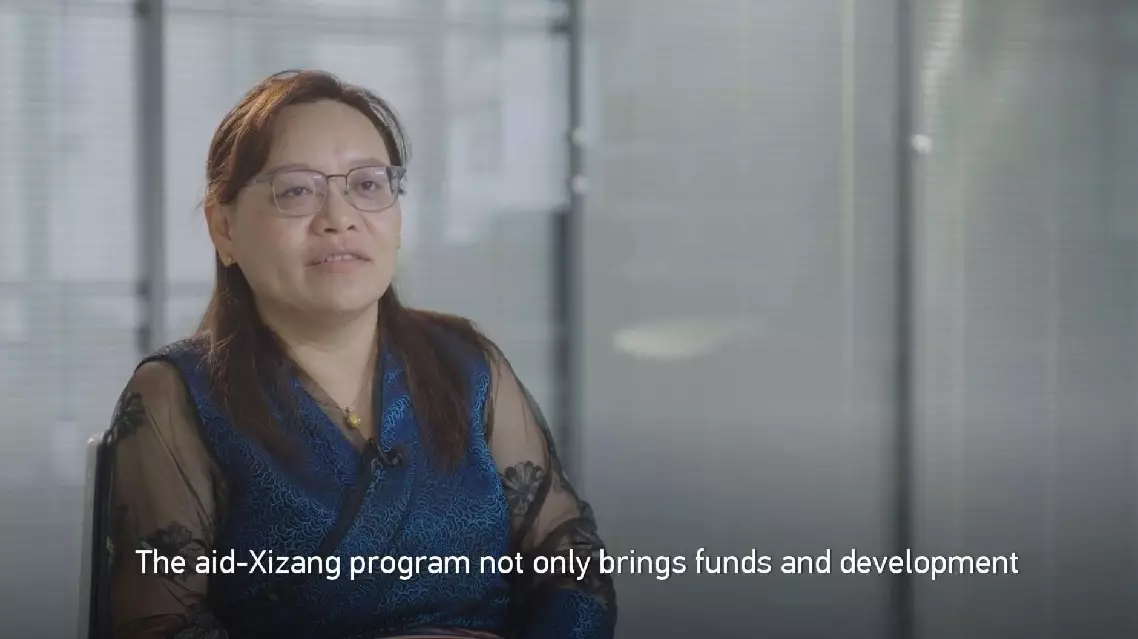
Aid-Xizang program promotes talent cultivation, regional development


